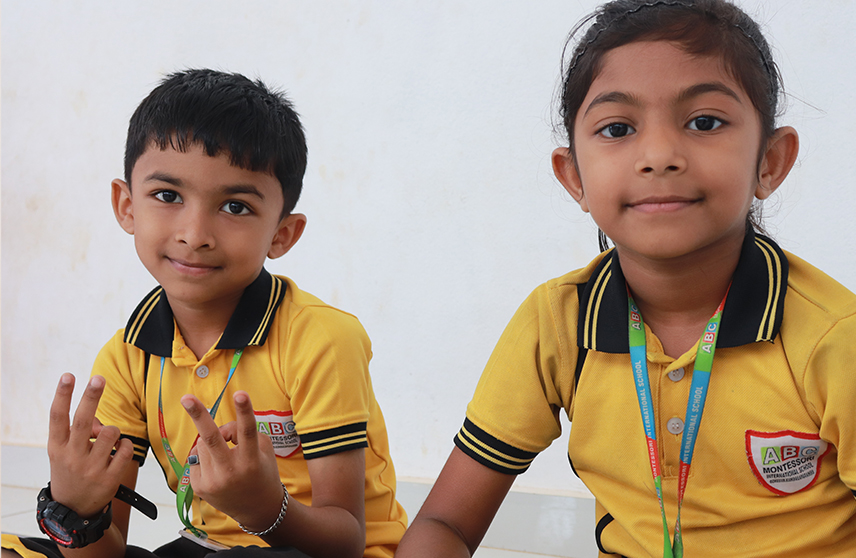
What Montessori Education Can Do for Your Child
Montessori education is a child-centred approach that has many benefits for children. It offers an innovative learning experience that encourages independence, creativity, and socialization, self-esteem, and a love of learning. Here are some of the main benefits of a Montessori classroom:
Independence
A Montessori education encourages independence. Children are given the freedom to choose their activities and work at their own pace, which helps develop self-motivation and self-discipline.
Creativity
Montessori education fosters creativity in children by providing them with a rich and stimulating environment that encourages exploration and discovery. Children are encouraged to use their imagination and think outside the box.
Socialization
Montessori education emphasizes socialization and cooperation. Children learn to work together and respect each other's differences, which develops empathy and social skills.
Self-esteem
Montessori education builds children's self-esteem by providing them with opportunities to succeed and take pride in their accomplishments. Children are encouraged to learn from their mistakes and develop a growth mindset.
Love for learning
Montessori education encourages children to develop a love for knowledge by making education fun and engaging. Children are encouraged to explore and discover the world around them, which fosters a lifelong love of learning.
Personalized Learning
In a Montessori classroom, children can explore and learn at their own pace. The curriculum is tailored to meet the individual needs and interests of each child. This allows them to work on activities appropriate for their development. This personalized approach to learning helps children develop a sense of ownership over their education, which leads to increased engagement and motivation.
Hands-On Learning
Montessori education emphasizes hands-on learning experiences, which allow children to explore and experiment with their environment. The approach provides children with a wide range of sensory materials to manipulate and interact with. This helps them to develop their cognitive, physical, and social-emotional skills. This hands-on approach also promotes creativity, problem-solving, and critical thinking skills.
Multi-Age Classrooms
Montessori classrooms are typically multi-age, with children ranging from three to six years old or six to nine years old. This structure allows children to interact with peers of different ages and abilities, promoting community and cooperation. Older children mentor younger children, which reinforces their learning and develops leadership skills. Young children benefit from role models to look up to and learn from.
Whole Child Development
Montessori education supports the holistic development of the child, including cognitive, physical, social-emotional, and spiritual development. The approach recognises that children are unique individuals with their strengths and challenges, and it provides a supportive environment that fosters their growth and development. Children are encouraged to develop self-esteem, self-discipline, and self-awareness, which prepares them for success in all areas of their lives.
Montessori education is a child-centred approach that provides children with a rich and stimulating environment to support their holistic development. The approach encourages independence, creativity, socialisation, self-esteem, and a love of learning. The environment is designed to encourage children to take control of their learning, make their own choices, and work at their own pace. The approach provides children with hands-on learning materials and activities that allow them to explore and experiment with their environment. Children are grouped in multi-age classrooms, which provides them with opportunities to interact with children of different ages and abilities. Montessori education fosters a sense of curiosity and wonder, which develops a lifelong love of knowledge.




